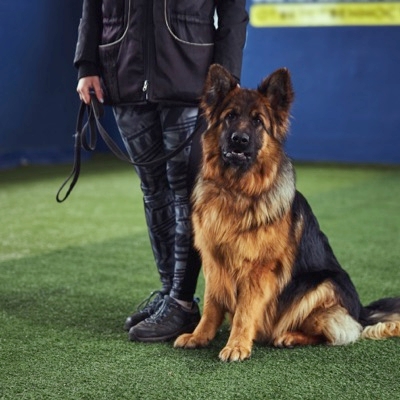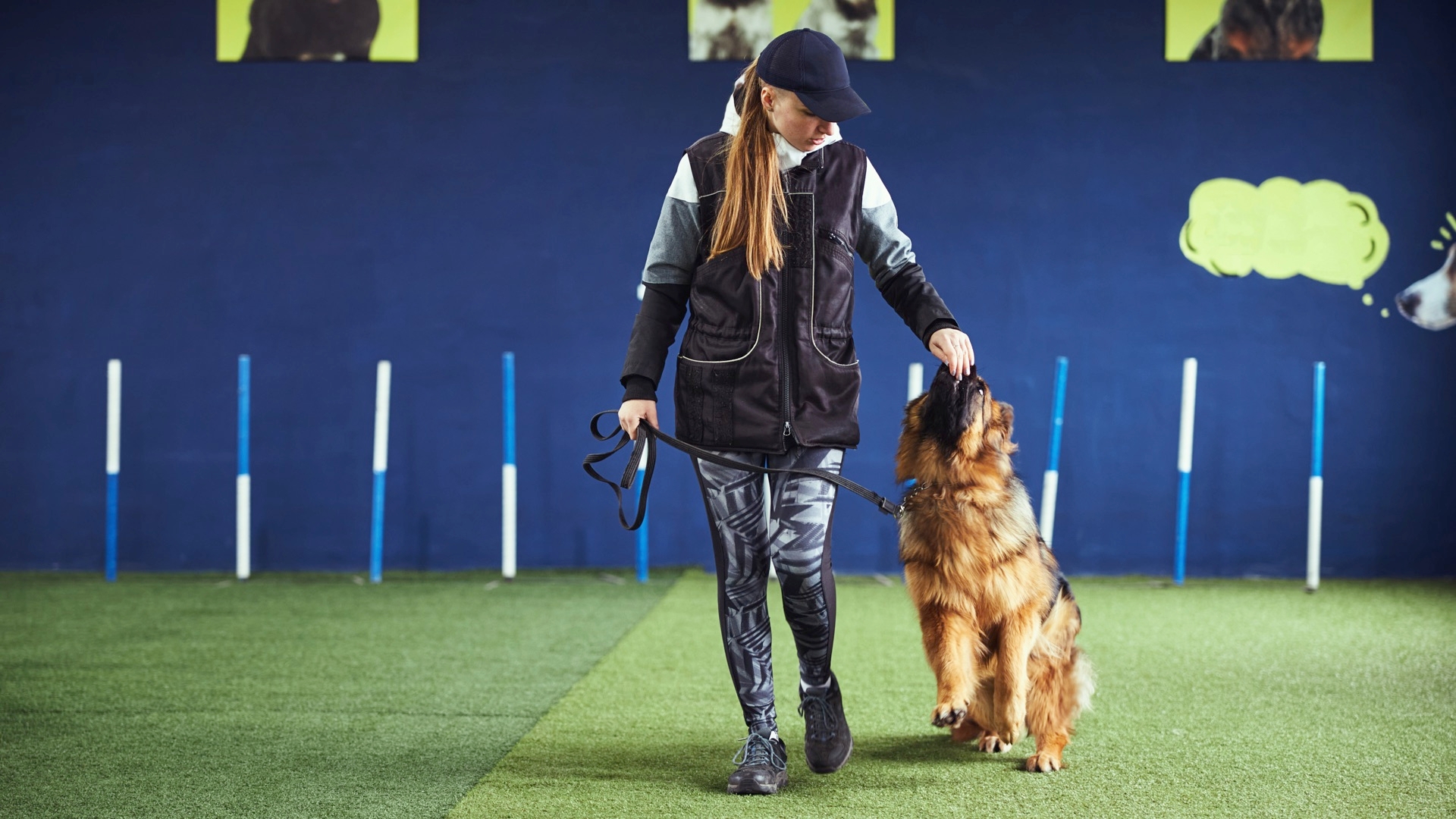What Is The Difference Between A Dog Trainer And A Dog Behavior Consultant?
Summary:
A dog trainer is someone who trains basic to advanced training cues, teaches a dog polite manners, or trains a dog to participate in different dog sports and activities. A canine behavior consultant focuses on treating behavioral disorders and other issues, such as separation anxiety, noise phobia, aggression, fear, resource guarding, etc. A behavior consultant focuses their education on learning in-depth dog cognition, ethology, and applied behavior analysis.


By Cathy Madson, MA, CBCC-KA, CPDT-KA
As you're interviewing a dog trainer to work with you and your dog, one of the questions you should be asking is if they hold a certification in professional dog training or canine behavior consulting.
What's the Difference Between a Dog Trainer and a Dog Behavior Consultant?
The certifications below are divided between dog training and behavior consulting and depending on what kind of things you want to work on with your dog determines what certification is the best fit.
A dog trainer is someone who trains basic to advanced training cues, teaches a dog polite manners, or trains a dog to participate in different dog sports and activities. Trainers do this in group classes, private lessons, or in board-and-train programs. Dog trainers have learned basic learning theory and honed their handling and physical training skills.
A canine behavior consultant focuses on treating behavioral disorders and other issues, such as separation anxiety, noise phobia, aggression, fear, resource guarding, etc. A behavior consultant focuses their education on learning in-depth dog cognition, ethology, and applied behavior analysis. Many behavior consultants work closely with veterinary behaviorists.
Being a certified dog trainer does not automatically make you a behavior consultant, although many dog trainers will take on behavior cases. Certified behavior consultants are likely to also be certified dog trainers, but not always.
The top tier of dog training and behavior consulting is a Board-Certified Veterinary Behaviorist (DACVB), as they are the only ones who can prescribe pharmaceutical treatments with behavior modification plans as they are practicing veterinarians.
What is a Dog "Behaviorist"?
You may see someone marketing themselves as a dog behaviorist. This is a popular title and lends some connotative credibility to someone's skills. In the United States, ideally, the only ones who should be using this term are board-certified veterinary behaviorists (DACVB) or certified applied animal behaviorists (CAAB). Certified behavior consultants in the United States tend to shy away from calling themselves behaviorists, as they recognize this as being a high-level designation and want to respect those who have put in the time and energy into earning those advanced degrees.
However, in other countries, such as the UK, the term behaviorist is more commonly used by trainers who specialize in dog behavior. If you are considering hiring a trainer who calls themselves a behaviorist, do your research into what education and background they have in applied animal behavior and whether they hold any professional certifications. Remember, the dog training industry is unregulated so due diligence is essential to protect the relationship and bond you have with your dog.


